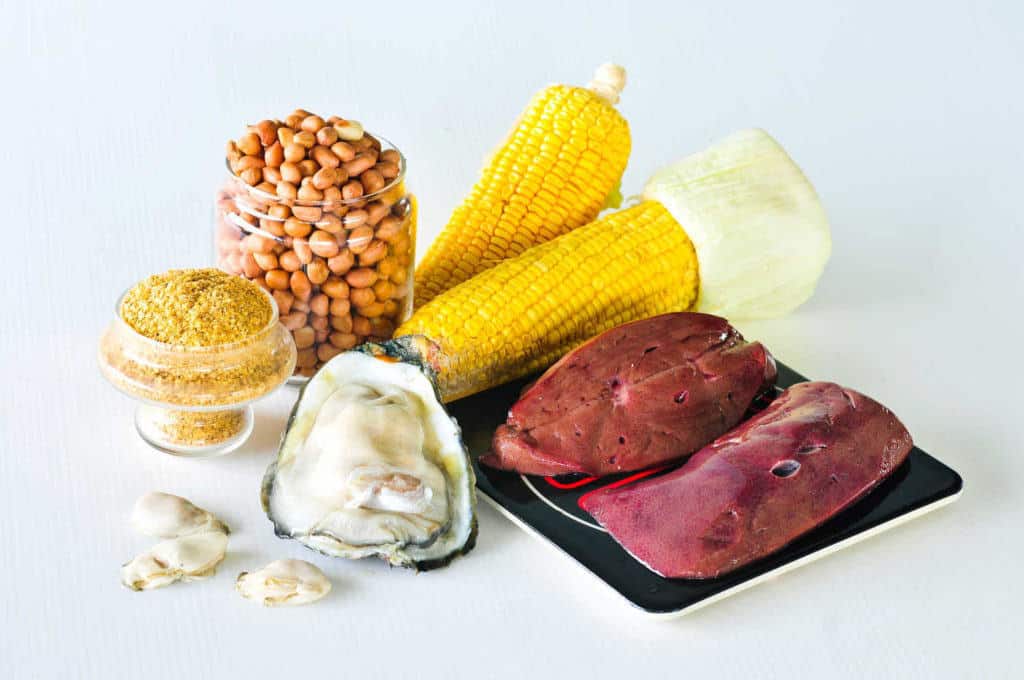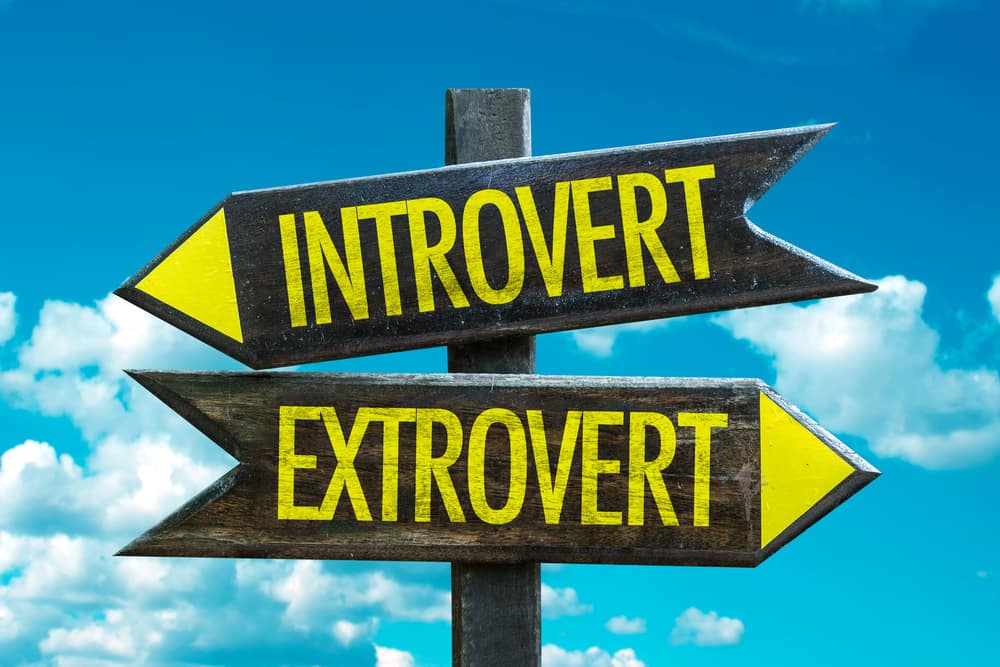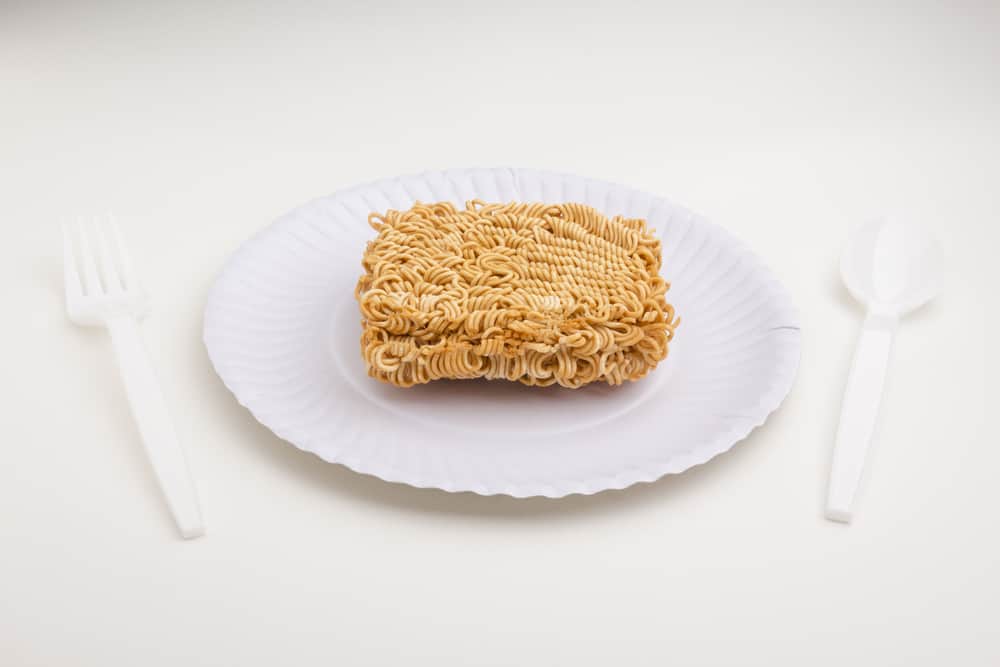Contents:
- Medical Video: 5 Common Signs of Prostate Cancer
- What is prostatitis?
- What causes prostatitis?
- What are the symptoms of protatitis?
- How to diagnose prostatitis?
- How to treat prostatitis?
Medical Video: 5 Common Signs of Prostate Cancer
The prostate is a small gland in men and part of the male reproductive system. The prostate is located below the bladder and in front of the rectum. The prostate also helps in the production of semen where sperm is taken from the testis when ejaculation occurs in men. Because its function is very important, if a problem occurs in the prostate it will certainly disrupt male reproduction. There are several problems or diseases that can attack the prostate, one of which is prostatitis. This problem can be caused by several things, including unusual sex.
What is prostatitis?
Prostatitis is an infection of the prostate, and can also be inflammation. There are three types of prostatitis, namely:
- Acute bacterial prostatic, usually characterized by inflammation of the prostate. Symptoms of this type of prostate are usually severe. Patients usually experience fever, nausea and chills. In patients with acute bacterial prostatitis further treatment is needed, if not, it will trigger urinary tract infections, abscesses in the prostate, and the closure of urine flow. In fatal conditions usually have to undergo treatment at the hospital to be given antibiotics intravenous, pain relief, and additional fluids for the body.
- Chronic bacterial prostatic. This condition is usually caused by a recurrent urinary tract infection and the infection has entered the prostate gland. The symptoms are almost the same as with acute bacterial prostatitis, but are lighter and can vary in intensity. The difficulty with this type of prostatitis is the difficulty in finding bacteria in the urine. Treatment is usually done by giving antibiotics for a period of four to twelve weeks. Sometimes patients will also be given antibiotics for long periods of time.
- Chronic nonbacterial prostatitis or pelvic pain syndrome. Usually this type of prostatitis is often found, there are 90 percent of cases recorded. Even as quoted by WebMD, there are only 5 out of 10 percent of cases of prostatitis caused by bacterial infections. Symptoms include urinary and genital pain for three to six months. Symptoms can cause confusion for the patient whether he is exposed to chronic nonbacterial prostatitis or interstitial cystitis (chronic inflammation of the bladder)
At what age are the most vulnerable to prostatitis? According to The National Institutes of Health cited by WebMD, research conducted by visiting offices shows that men in middle age and young people have complaints about their genital system and urinary tract. Even some men under the age of 50 have complaints of chronic prostatitis.
What causes prostatitis?
The following are what can trigger you to get prostatitis:
- If you have just undergone treatment that requires you to use a urine catheter to drain urine from the bladder
- Having sex involving the rectum
- There is an abnormal bladder canal
- Has a bladder infection
- An enlarged prostate alias enlarge prostate
What are the symptoms of protatitis?
When you get prostatitis, you will experience heat and urinary problems that cause discomfort. Other symptoms that may occur are:
- Frequent frequency of urination, usually at night
- Can also have difficulty urinating
- Bloody during urination or when removing semen
- There is a burning sensation when urinating
- There is pain when defecating
- Pain when ejaculation occurs
- Sexual dysfunction or loss of libido
- Pain in the waist, above the pubic bone, between the genital and anal parts; on the tip of the penis and tightening
Other symptoms can be pain that comes and goes in the lower abdomen around the anus and in the groin. There are also those who experience symptoms of swelling of the prostate. There are some cases, groin pain or epididymis infection (the area around the testicles where sperm is stored) can be caused by bacteria that enter vas deferesns (the channel that carries sperm from the testis to the urethra).
How to diagnose prostatitis?
Prostate examination will involve applying lubrication with a finger glove into your rectum. Doctors also need further tests, in the form of:
- Urine test
- Research on semen
- Various infectious sex infection tests
- Prostate fluid research
How to treat prostatitis?
In addition to giving antibiotics, there are various methods of treatment that are commonly done, such as:
- Giving alpha adrenergic blockers intended to relax the prostate muscles
- Provision of nonsteroidal prescription anti-inflammatory or anti-inflammatory drugs, in addition to reducing pain, this drug can also reduce swelling
You might be wondering if there are natural ways to deal with prostatitis? Yes, there are some natural ways that can help, such as:
- Soak in warm water
- Perform acupuncture treatment
- Relaxation exercises
- Drinking extract or extract from cranberries, it has been proven by French researchers who found that consuming 36 mg of proanthocyanidins contained in cranberries can reduce the attachment of certain bacteria to the urinary tract wall
- Drink herbal ingredients or supplements (such as antioxidant bioflavonoids quercetin to reduce swelling)
- Use a pillow when sitting for a long time
- Avoid spicy foods, caffeine and alcohol
READ ALSO:
- Is it true that soybeans reduce male fertility?
- What causes blood mixed with semen?
- 8 Natural Ways to Treat Urinary Tract Infection












